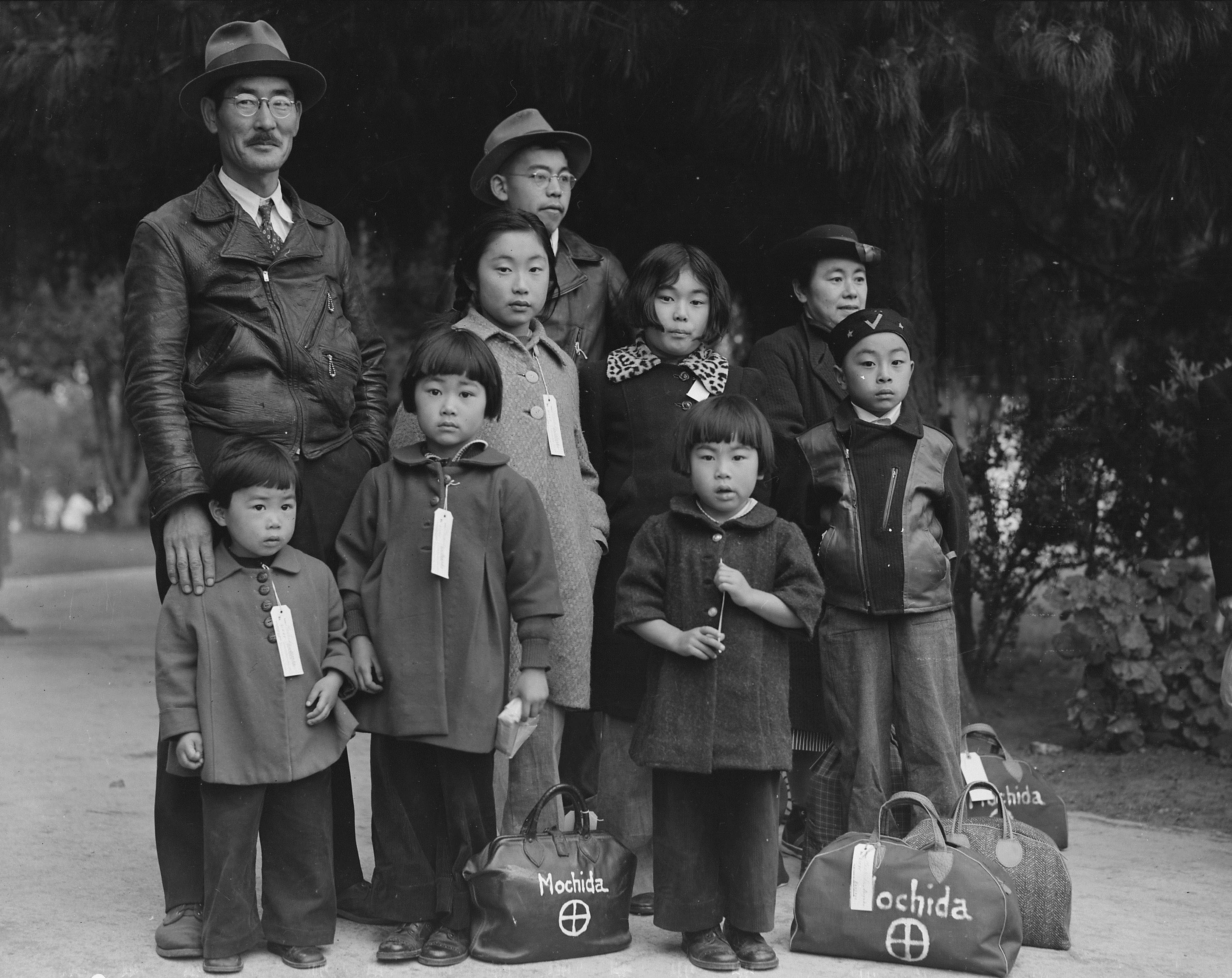In 1922, a Japanese immigrant to the United States named Takao Ozawa applied for citizenship with the U.S. Supreme Court. Having lived in America for almost 30 years, Ozawa was fluent in English and an active Christian, assuring the court that his skin was "white in color" and that he wished to "return the kindness which our Uncle Sam has extended me." Still, his appeal was denied — naturalization at the time was exclusive to Caucasians.
A recurring theme in Erika Lee's new book "The Making of Asian America: A History" is the humiliations of immigrant life — the "collective burden" of people who have to keep proving they are worthy. With a keen eye for telling quotes, Lee shows the human dimensions of Asian immigration to the U.S., which now spans 23 different groups and makes up 6 percent of the total population. Incidentally, she tells of a nation expanding its identity, of the inclusion of people once vilified.



















With your current subscription plan you can comment on stories. However, before writing your first comment, please create a display name in the Profile section of your subscriber account page.